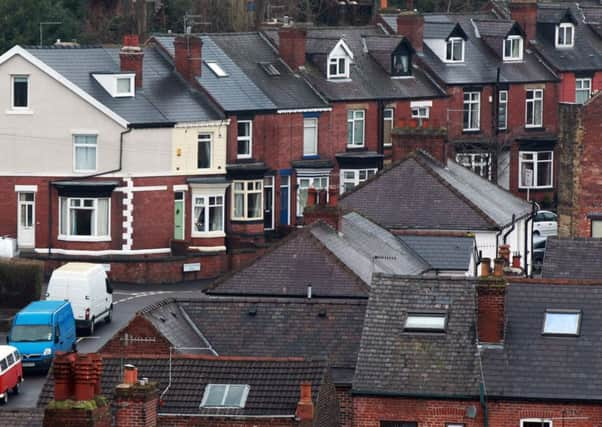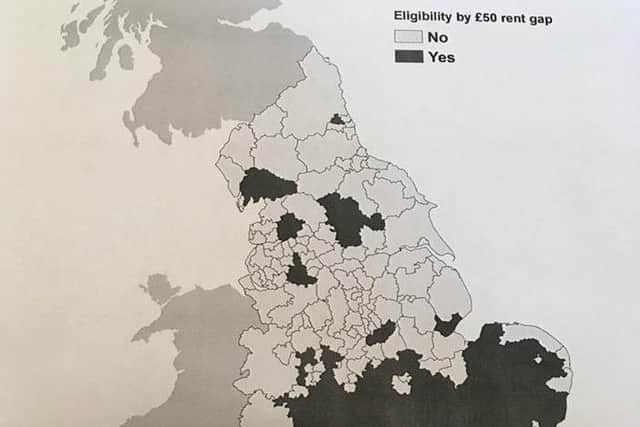Wakefield missing out on cash to help build new council houses


Theresa May pledged £2billion last year to help local authorities create more social housing, following decades of sales to the private sector.
But it has now been revealed that vast swathes of the UK aren’t seeing any of the money. Instead, the cash is only being invested in places where there is a significant gap between the cost of renting in the private sector and that of living in a council house.
Advertisement
Hide AdAdvertisement
Hide AdWhile this means most of the support has been concentrated in the south of England, Leeds and Bradford have received a share of the pot.


But Wakefield, which has lost social housing itself since the right-to-buy scheme was introduced in the 1970s, has been told to fund its own new properties.
Pontefract councillor Celia Loughran said the government’s long-standing policy on selling council homes had “come home to roost”.
She said: “We’ve lost a lot of good quality housing stock in this area and there hasn’t been the reinvestment for us to be able to build more.
Advertisement
Hide AdAdvertisement
Hide Ad“There’s a lot of development going on in the district but I would like to see more social housing.
“I’m concerned about the state of housing generally, but especially for young people coming into the district and wanting to live here. Many of them feel they can’t commit their futures here because of the cost of good quality homes.”
Wakefield Council no longer owns any social housing itself, having transferred all of its properties to the provider Wakefield District Housing (WDH) in 2005.
WDH currently run around 31,000 homes in the district, but Wakefield West councillor Kevin Swift said more were needed.
Advertisement
Hide AdAdvertisement
Hide AdHe said: “In days gone by families that didn’t have any specific social needs, but were simply on relatively low incomes could put their name down for social housing.
“That’s very, very difficult to do these days, by and large.
“The private sector might be quite good for young professionals who are on decent money but don’t need long-term security.
“But it’s not particularly great at catering for low income families who may have specific problems and need some stability.
“I think this particular criteria by which Wakefield’s missed out on funding is one that doesn’t take into accounts the levels of affordable homes that we have here.”